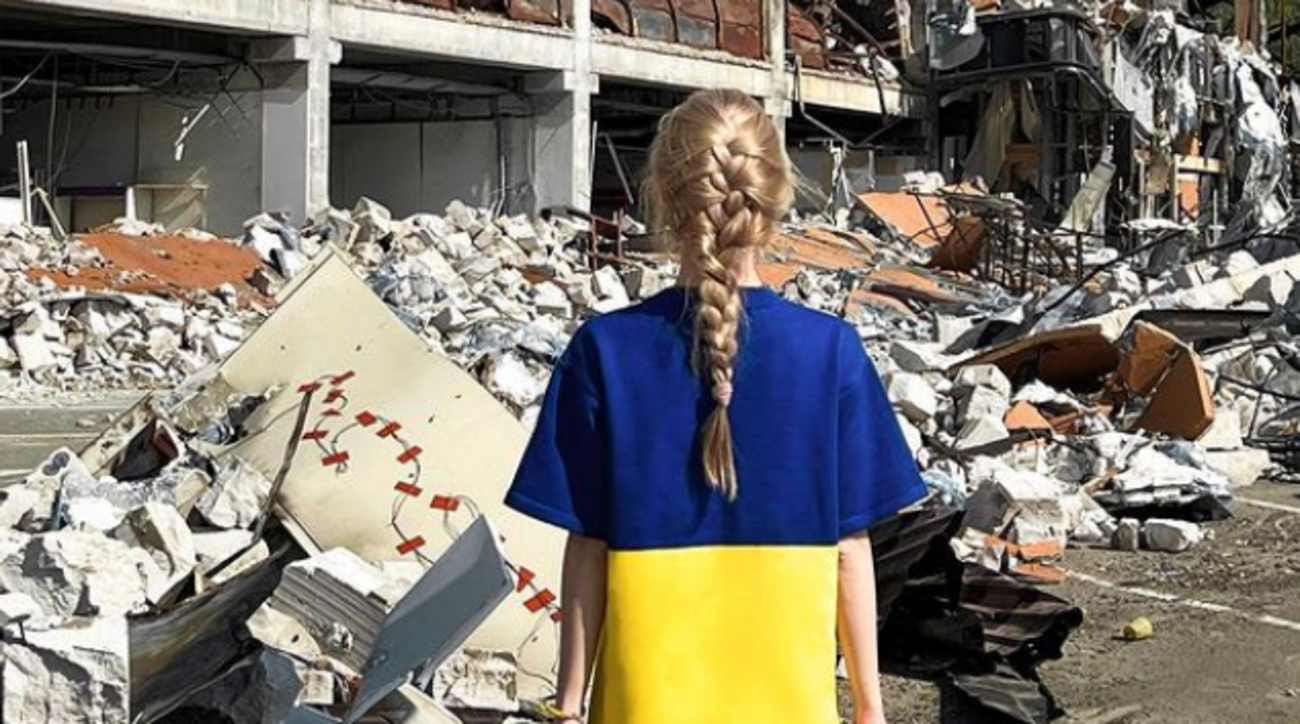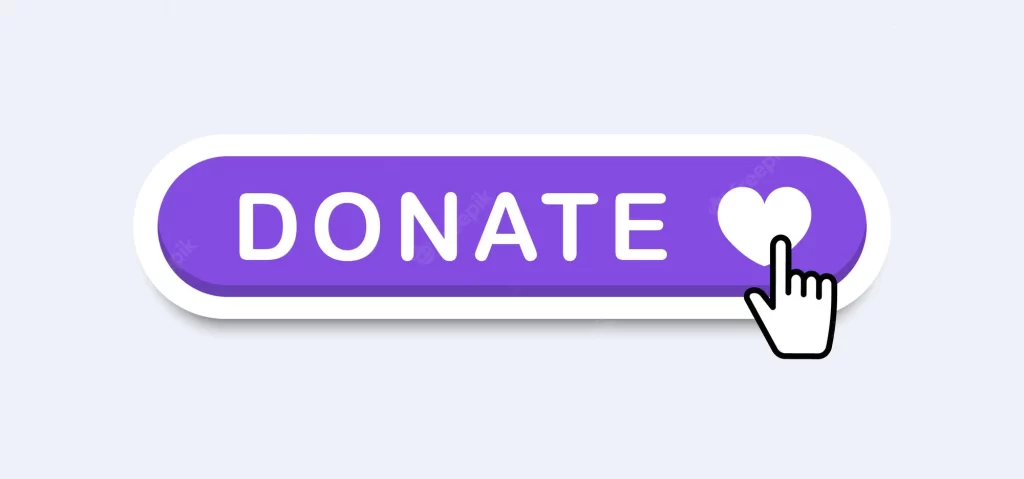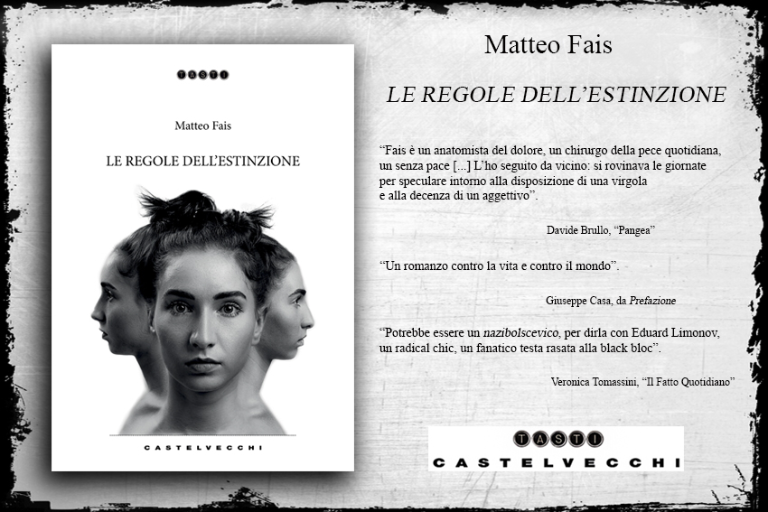“MI SONO SVEGLIATA E C’ERA LA GUERRA”. INTERVISTA CON UNA RAGAZZA UCRAINA (di Davide Cavaliere)

Su queste pagine, abbiamo ospitato la testimonianza di una ragazza ucraina originaria del Donbass, Yulia Korolyova. Adesso, a circa un anno di distanza, Yulia ci ha messi in contatto con una sua quasi omonima, Yuliya, una giovane donna residente a Kyiv, che preferisce rimanere parzialmente anonima. Quest’ultima ha accettato di rispondere ad alcune delle nostre domande in merito al conflitto in corso, al presidente Zelens’kyj e al futuro del suo Paese.
Il 24 febbraio dello scorso anno, la Russia ha aggredito militarmente l’Ucraina. Tanti analisti e commentatori politici, qui in Italia, come in tutta Europa, davano Kyiv per sconfitta. Quali erano i sentimenti di voi ucraini in quelle giornate?
Beh, prima di tutto non mi aspettavo affatto un conflitto militare. Ero una di quelle persone che rifiutavano totalmente la possibilità della guerra. La sera del 23 febbraio ho cenato tranquillamente in un caffè con degli amici e la mattina del 24 febbraio mi sono svegliata a causa delle esplosioni. Io, come molti altri ucraini, non avevo ancora realizzato che la guerra fosse iniziata. Mi sembrava di sognare. Il missile russo che ha colpito il mio appartamento mi ha riportato alla realtà. Sono stata molto fortunata a non essermi fatta male. In quei momenti non si analizzano le possibilità di vittoria o sconfitta. Il tuo compito è sopravvivere, e si ha molta paura. Ma dopo un po’ arriva la comprensione e il desiderio sfrenato di difendere la propria patria. Credo che questo forte sentimento abbia aiutato l’Ucraina a sopravvivere nei primi giorni.
L’Ucraina, nel corso di questo lungo anno, ha valorosamente respinto l’invasione russa e riconquistato i territori perduti. Ti aspettavi una tale resistenza?
Certo, nel profondo della mia anima credevo nei nostri successi, ma onestamente non mi aspettavo un approccio così sistematico, coraggioso e patriottico. In parte, l’Ucraina deve ringraziare i suoi partner per l’aiuto e il sostegno che ci hanno dato, perché anche questo ha predeterminato le nostre capacità.

Caro amico lettore, come potrai immaginare, dietro questo blog ci sono diverse persone che collaborano agli articoli che tu quotidianamente leggi. Se desideri supportare la nostra attività, ti saremmo grati se volessi dare il tuo sostegno all’Iban IT53E3608105138290082390113. L’intestatario è Matteo Fais. Grazie di cuore, La Redazione.
Il presidente ucraino Volodymyr Zelens’kyj è spesso accusato di essere un “comico”, un istrione poco affidabile, qual è il tuo giudizio sul Presidente? Più in generale: come è giudicato dagli ucraini?
All’inizio del suo mandato presidenziale, anch’io ero scettica rispetto alla sua esperienza politica e capacità di guidare il Paese. Ma, in una situazione critica, è stato in grado di unire le persone. Credo che i giovani siano più fedeli a lui. Tuttavia, le persone della vecchia generazione sono abituate a giudicare i capi dello Stato e i politici con standard diversi, diciamo della “vecchia scuola”. In una situazione di guerra e di crisi, abbiamo bisogno di una persona che sia in grado di gettare uno sguardo nuovo sui problemi e di cercare possibilità in aree che la generazione precedente non avrebbe nemmeno preso in considerazione.
Le difficoltà della Russia sono evidenti. A tuo avviso, questa mancata vittoria, cosa rappresenta per Putin e per i dittatori di tutto il mondo?
In fondo, una dittatura non può essere sana. Come dimostrano i fatti, un regime del genere non contribuisce alla flessibilità e alla disponibilità al cambiamento. Nel caso della Russia, con il suo vasto territorio e la sua multinazionalità, perdere la guerra contro l’Ucraina significherebbe il crollo del regime di Putin. Gli esperti prevedono un cambiamento nel potere, nel sistema politico e nel territorio. Attualmente, la parte più istruita e progressista della popolazione sta lasciando la Russia. Questo avrà gravi ripercussioni sull’economia russa, sull’istruzione, sulla scienza e sulla tecnologia. Non sono comunque ai massimi livelli. E poi ci sarà un declino completo, completato da sanzioni e isolamento internazionale. Questo può far sprofondare la Russia nell’oscurità per molti anni, perché non ci sarà alcuna attività creativa, ma ci sarà una nuova spartizione dei confini, delle risorse, dei poteri, dei flussi finanziari, delle vie di trasporto. Per altri dittatori, un simile esito degli eventi può diventare un esempio e dimostrare la necessità di tenere almeno in considerazione l’opinione della popolazione. Ma, ripeto, personalmente considero la dittatura malsana. Pertanto, non credo che nessuno dei dittatori sarà in grado di trarre le giuste conclusioni.

AMAZON: https://www.amazon.it/regole-dellestinzione-Matteo-Fais/dp/8832828979/
IBS: https://www.ibs.it/regole-dell-estinzione-libro-matteo-fais/e/9788832828979
Come giudichi il sostegno fornito dagli Stati Uniti d’America alla tua nazione?
Si tratta di un livello di sostegno senza precedenti. Come tutti gli ucraini, sono estremamente grata per l’aiuto fornito. Spero che questo livello di aiuto non vada sprecato. Ma abbiamo sicuramente bisogno di più per la vittoria.
Ultima domanda, forse la più difficile, come vedi il futuro dell’Ucraina?
La questione è davvero difficile e molto dolorosa. Mi rendo conto che l’Ucraina non sarà più la stessa. Avremo bisogno di molto tempo e denaro per ripristinare tutte le infrastrutture e l’economia distrutte dall’aggressione russa. Vedo rischi nel livello di istruzione, perché molti bambini non possono studiare in modo adeguato. Il prezzo della vittoria sarà molto alto. Ma l’Ucraina diventerà un Paese ben difeso, moderno e democratico. E anche una nazione unita, con una visione comune del futuro. Credo che dopo il buio arrivi la luce.
Grazie Yuliya.
Davide Cavaliere
L’AUTORE
DAVIDE CAVALIERE è nato a Cuneo, nel 1995. Si è laureato all’Università di Torino. Scrive per le testate online “Caratteri Liberi” e “Corriere Israelitico”. Alcuni suoi interventi sono apparsi anche su “L’Informale” e “Italia-Israele Today”. È fondatore, con Matteo Fais e Franco Marino, del giornale online “Il Detonatore”.
************************
On these pages, we hosted the testimony of a Ukrainian girl originally from the Donbass, Yulia Korolyova. Now, about a year later, Yulia has put us in touch with a near namesake of hers, Yuliya, a young woman living in Kyiv who prefers to remain anonymous. The latter agreed to answer some of our questions about the ongoing conflict, President Zelens’kyj and the future of her country.
On 24 February last year, Russia militarily attacked Ukraine. Many analysts and commentators, here in Italy as well as all over Europe, were giving Kiev up for defeat. What were the feelings of you Ukrainians in those days?
Well, first of all, I haven’t expected any military conflict at all. I was one of those people who totally rejected any possibility of war. On the evening of February 23, I quietly dined in a cafe with friends, and on the morning of February 24 I woke up from explosions. I, like many other Ukrainians, still haven’t realized that the war has begun. It seemed that I was sleeping. A Russian missile that hit my apartment brought me back to reality. I was very lucky that I didn’t get hurt. At such moments, you do not analyze the possibilities of victory/defeat. Your task is to survive. And you are very scared. But after a while, understanding and a wild desire to defend your homeland comes. I think this strong feeling helped Ukraine to survive the first days.
During this long year, Ukraine valiantly repelled the Russian invasion and regained the lost territories. Did you expect such resistance?
Of course, in the depths of my soul I believed in our successes, but honestly I did not expect such a systematic approach, courage and patriotism. In part, Ukraine should thank its partners for their help and support, because this also predetermined our capabilities.
The Ukrainian president Volodymyr Zelens’kyj is often accused of being a ‘comedian’, an unreliable histrion, what is your opinion of the President? More generally: how is he judged by Ukrainians?
At the beginning of his presidential term, I was also skeptical about his experience and ability to lead the country. But in a critical situation, it was he who was able to unite people. I think young people are more loyal to him. Still, people of the older generation are accustomed to seeing more standard “old school” politicians at the head of the state. But in a situation of war and crisis, we need a person who is able to take a fresh look at problems and see possibilities in areas where the old generation would not even look.
Russia’s difficulties are obvious. In your opinion, what does this lack of victory represent for Putin and for dictators around the world?
At its core, a dictatorship cannot be healthy. As practice shows, such a regime does not contribute to flexibility and readiness for change. In the case of Russia, with its vast territory and multinationality, losing the war against Ukraine would mean the collapse of the Putin’s regime. Experts predict a change in power, political system and territory. Currently, the highly educated and most progressive part of the population is leaving Russia. And this will seriously affect the Russian economy, Russian education, science, and technology. They are not at the highest level anyway. And then there will be complete decline, supplemented by sanctions and international isolation. This can plunge Russia into darkness for many years, because there will be no creative activity, but there will be a division of borders, resources, powers, financial flows, transport routes. For other dictators, such an outcome of events can become an example and show the need to at least take into account the opinion of the population. But, I repeat, I personally consider the dictatorship unhealthy. Therefore, I do not think that any of the dictators will be able to draw the right conclusions.
How do you judge the support provided by the United States of America to your country?
This is an unprecedented level of support. Like all Ukrainians, I’m extremely grateful for all the help provided. I hope this level of help does not come to naught. But we definitely need more for the victory.
Last question, perhaps the most difficult, how do you see the future of Ukraine?
The question is really difficult and very painful. I realize that Ukraine will no longer be the same. We will need a lot of time and money to restore all the infrastructure and economy destroyed due to Russian aggression. I see risks in the level of education, because so many children cannot study at the proper level now. The price of victory will be very high. But Ukraine will become a militaristic, modern and democratic country. And also a united nation, with a common view of the future. I believe that after the darkness comes the light.
Thank you Yuliya.
Davide Cavaliere
L’AUTORE
DAVIDE CAVALIERE è nato a Cuneo, nel 1995. Si è laureato all’Università di Torino. Scrive per le testate online “Caratteri Liberi” e “Corriere Israelitico”. Alcuni suoi interventi sono apparsi anche su “L’Informale” e “Italia-Israele Today”. È fondatore, con Matteo Fais e Franco Marino, del giornale online “Il Detonatore”.